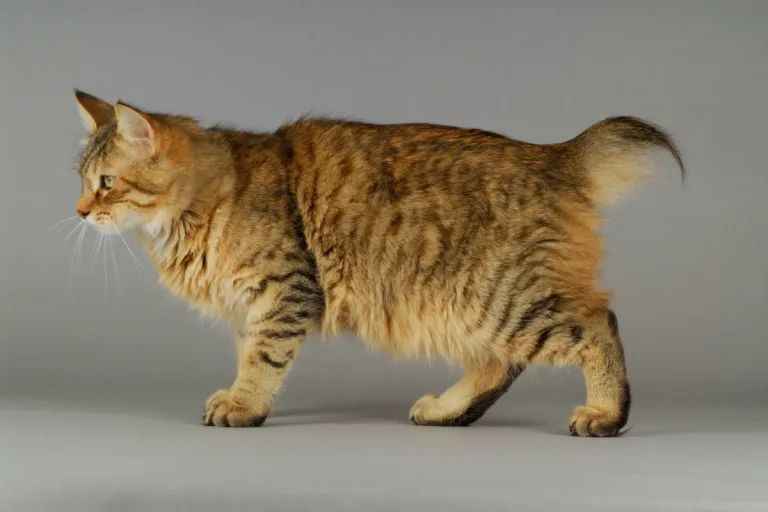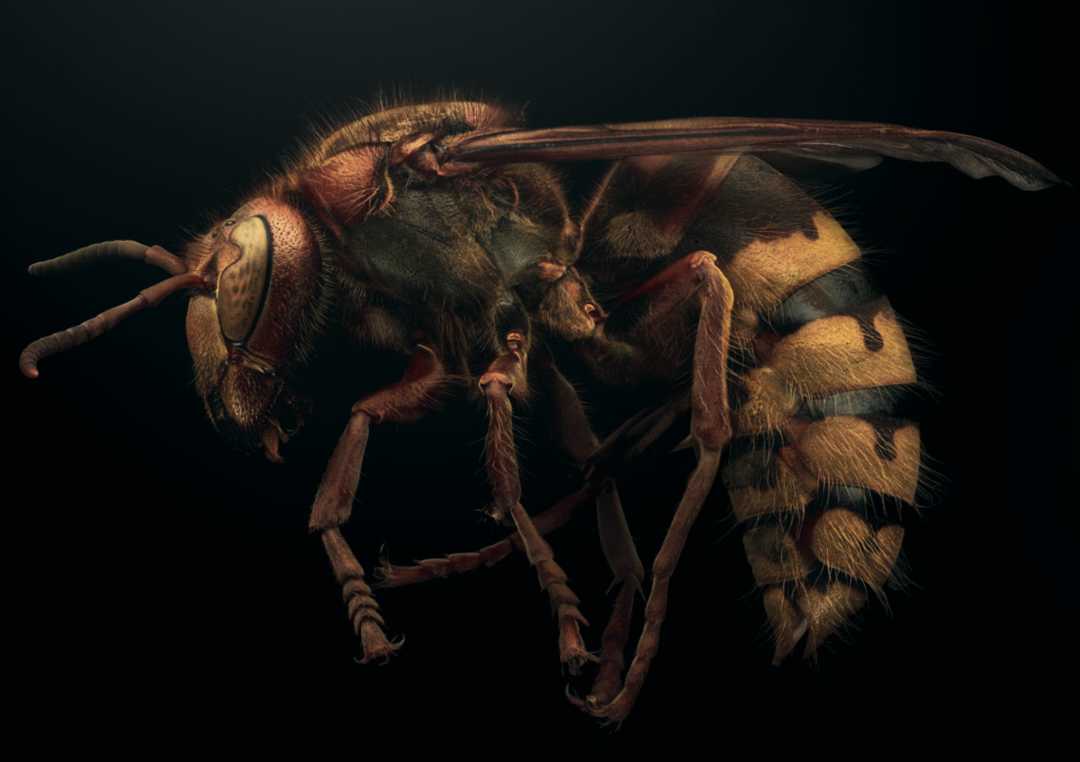
Originating from the northwestern United States, the Pixiebob Longhair has captivated cat enthusiasts worldwide with its striking resemblance to the wild bobcat and its loyal, affectionate nature. As the long-haired variant of the Pixiebob breed, this "native new breed"—recognized by The International Cat Association (TICA)—boasts a robust physique, luxurious silky coat, and a uniquely bobbed tail, earning accolades in international cat shows.
The Pixiebob Longhair’s origin is steeped in legend. While DNA tests have not confirmed direct ancestry with wild bobcats, breeders meticulously blended traits from breeds like Maine Coon and Jungle Cat to craft its wild appearance . Classified by TICA as a "native new breed," it emphasizes genetic similarity to American bobcats without involving wild felines in breeding programs .
Physical Characteristics
Adult Pixiebob Longhairs are muscular and substantial, with males weighing 12–17 lbs and females 8–12 lbs. Their rangy bodies and long, heavy legs give them a bobcat-like "rolling gait" . Key features include:
- Double Coat: The longhair variant sports a 2-inch silky coat in shades of brown with spotted or striped patterns, often silvery in winter .
- Bobbed Tail & Polydactylism: Tails range from 2 inches to the hock, while some cats have full-length tails. As the only breed accepting polydactyls, they may have up to seven toes on front paws .
- Distinctive Facial Features: Lynx-tipped ears, "mutton chop" sideburns, and a heavy brow enhance their wild aesthetic .
Temperament & Care
Known as "dogs in cat suits," Pixiebob Longhairs are loyal and sociable, thriving in family environments with children and other pets. They can be trained to walk on leashes, embracing outdoor adventures . Grooming requires 2–3 weekly brushings for longhairs to prevent matting, while shorthairs shed heavily due to their denser coats . Obesity prevention through balanced diets and interactive toys is crucial .
Breeding & Availability
Predominantly bred in the U.S., Pixiebob Longhairs remain rare globally. TICA-registered catteries like ColoradoPixies and Forest Hunter maintain strict standards. For example, ColoradoPixies’ stud Thunder traveled to New Zealand to enhance international breeding programs, producing award-winning kittens . Prices range from $1,500–$3,000, with waitlists often spanning months .
From the Pacific Northwest’s forests to households worldwide, the Pixiebob Longhair embodies the perfect harmony of wild elegance and domestic charm. With TICA’s recognition and dedicated breeders, this once-niche breed is emerging as a sought-after companion, celebrated for its striking appearance and unwavering loyalty.





